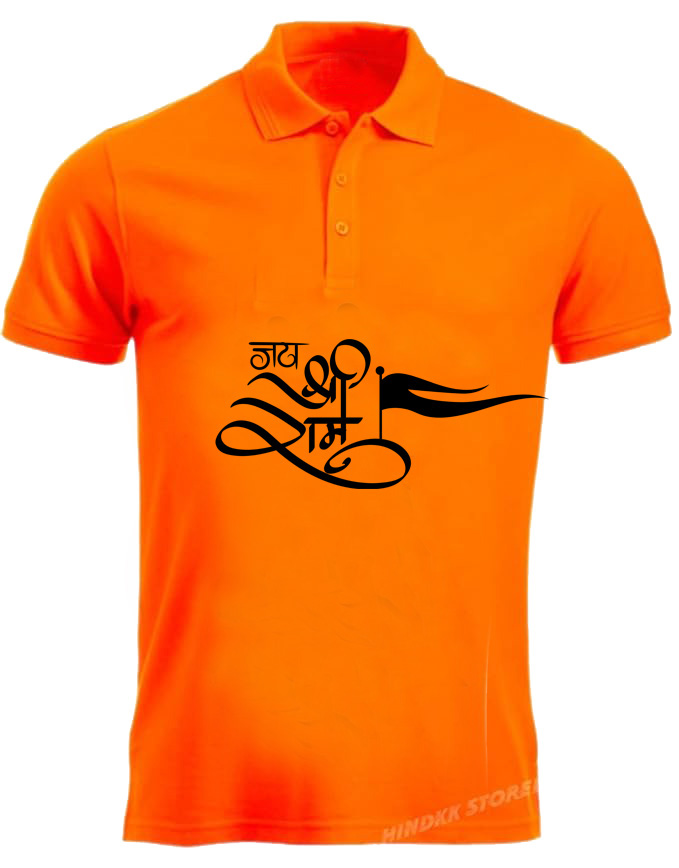Delhi’s Chief Minister, Arvind Kejriwal, went to the Delhi High Court on Monday to challenge his detention by the CBI in the excise policy case.
AAP Leader was placed under judicial detention until July 12 due to charges involving a liquor policy scheme. The CBI asked for an additional 14 days of judicial detention after his three-day custodial questioning period had ended.
Senior Attorney Vikram Chaudhari, representing Kejriwal, filed an application on June 29th, asking the CBI to release all papers gathered, including the case diary, in a virtual court appearance.
Arvind Kejriwal was brought before the court, according to attorney Rishikesh Kumar, because the CBI had given him detention for the last three days. He said that the CBI requested a judicial remand rather than more police detention, which we rejected since they lacked legal justification for such a move.
On July 12, Arvind Kejriwal would appear before the court, according to attorney Kumar.
Following the counsel’s request that the court allow Kejriwal to see his wife and family while the order was being passed, Kejriwal was given permission to see them in court.
Notably, the case has been the subject of a money laundering investigation by the Enforcement Directorate (ED). However, the CBI is looking into Kejriwal’s case from the perspective of public servant corruption and bribery.
In connection with a money laundering case involving the excise policy, Kejriwal was taken into custody by the Enforcement Directorate (ED) on March 21. On June 25, the Delhi High Court halted a trial court’s decision to grant him bail in a case brought by the Enforcement Directorate (ED). The next day, Kejriwal withdrew his appeal against the High Court’s decision to postpone deciding the ED’s application to have the trial court’s bail order stayed before the Supreme Court.
– Simran








